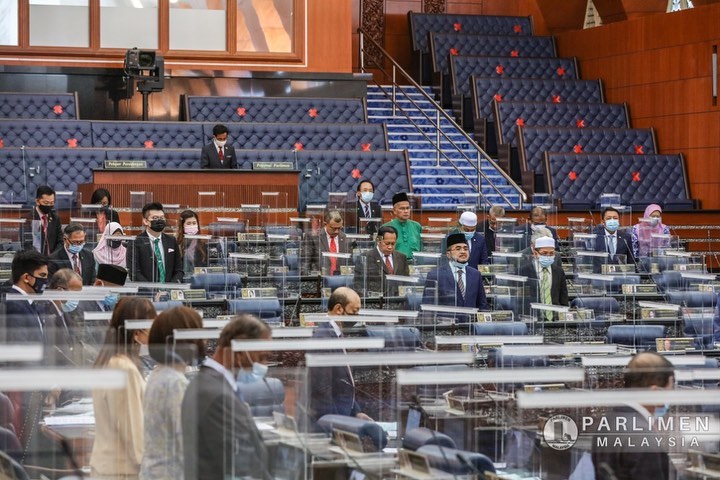KUALA LUMPUR, Nov 3 — The third Parliament meeting this year is expected to scrutinise health issues predominantly related to Covid-19, mainly on crisis preparedness, preventive measures, and health care capacity, specifically in Sabah.
Opposition lawmakers from DAP, Amanah and PKR representing constituencies in Sabah, Sarawak, Selangor, and Perak shared with CodeBlue the concerns that they intend to raise in the Dewan Rakyat, specifically concerning the Ministry of Health (MOH) this time.
“This Parliament session, my questions will be centred mainly on the government’s approach toward Covid-19 as well as their short-term, mid-term and long-term plan to handle the pandemic, both on the health side and the economy,” Bandar Kuching MP Dr Kelvin Yii (DAP) from Sarawak told CodeBlue.
It is to be noted that the federal government has yet to complete mid-term and long-term plans to deal with Covid-19, even after 10 months into the pandemic.
According to Senior Defence Minister Ismail Sabri Yaakob on October 28, the National Security Council (NSC) has agreed to form a special committee to deal with the pandemic to look into mid- and long-term plans.
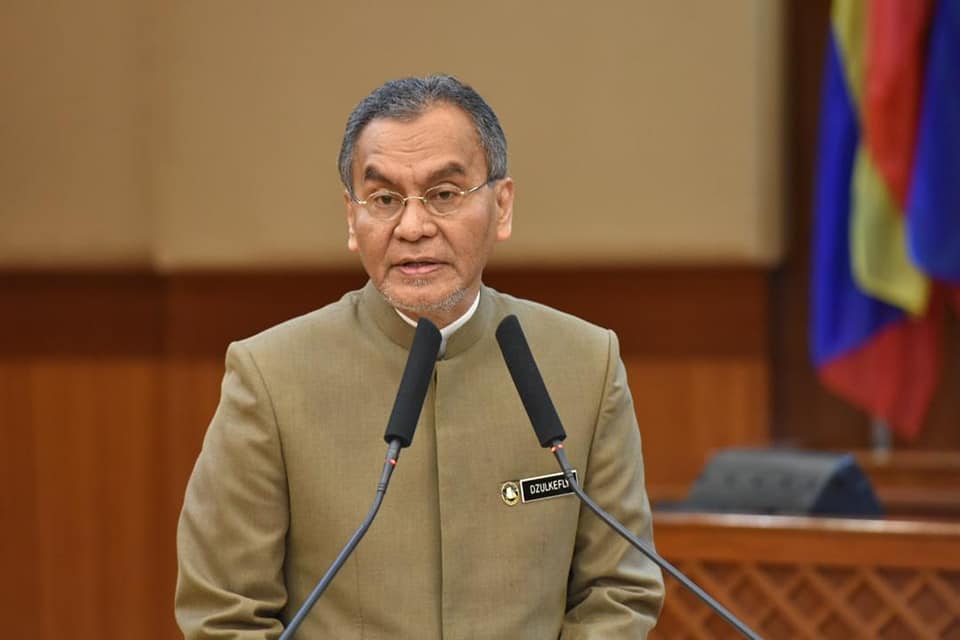
“I’ll ask the readiness of the government to establish data sharing cooperation between regions, especially in Selangor in dealing with the current third wave as previously done with close cooperation and data sharing between MOH, NSC, and Selangor State Government Operations Center,” former Health Minister and Kuala Selangor MP Dzulkefly Ahmad (Amanah) from Selangor said.
Kota Kinabalu MP Chan Foong Hin (DAP) from Sabah told CodeBlue that he wants to ask MOH the differences between standard operating procedures (SOP) under the Conditional Movement Control Order (CMCO) in the Klang Valley and Sabah.
“State the justification for these differences, especially for carrying out economic activities,” he added.
Chan will also ask MOH to state its capacity to treat Covid-19 positive patients without symptoms or mild symptoms (categories one and two of disease) in Sabah from January 2020 until now.
“State the breakdown of 4,822 beds according to the 16 Low-Risk Covid-19 Quarantine and Treatment Centers (PKRC), and whether it is sufficient.”
Besides that, Chan wanted MOH to highlight its capacity to treat Covid-19 positive patients who need intensive care (categories three to five of disease) in Sabah.
“State the breakdown of the number of beds and ventilators for intensive care according to seven hospitals, and whether it is sufficient,” Chan mentioned.
Covid-19 Vaccination
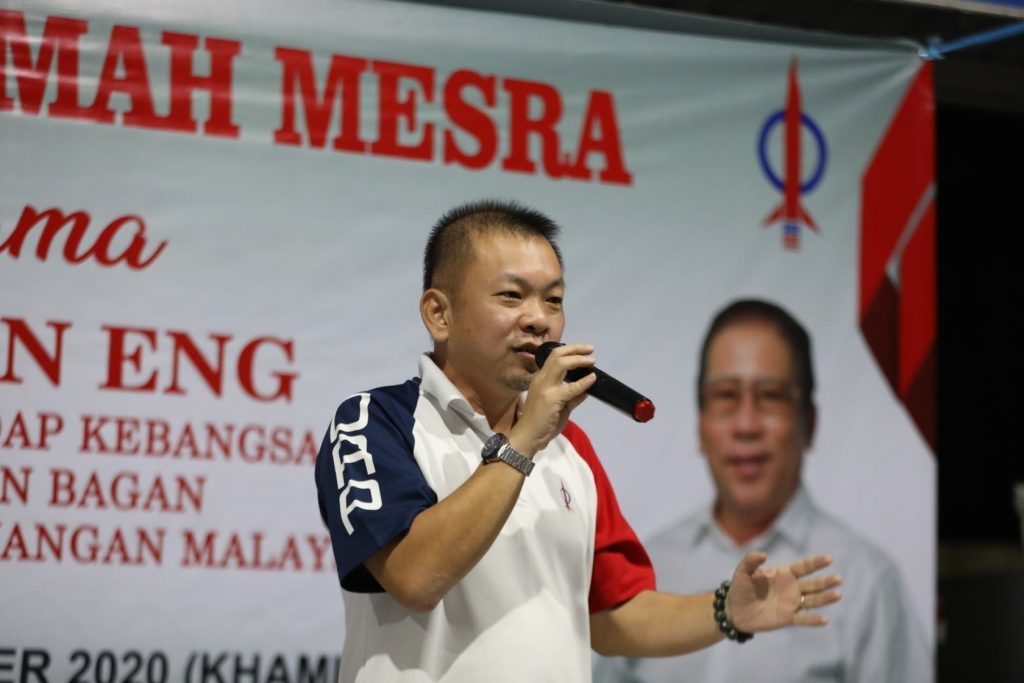
Kota Kinabalu MP Chan also aimed to ask whether the government has made any order to import Covid-19 vaccines from Chinese national firms, such as Cansino, Sinovac and Sinopharm, or UK firms such as AstraZeneca.
“Does the government have a proposal to set the priority order for Covid-19 vaccination as is done in Indonesia?” Chan asked.
Dzulkefly said: “What is the specific plan and strategy of MOH in preparing the vaccination plan for Malaysians when the Covid-19 vaccine is obtained so that herd immunity can reach at least 85 per cent as recommended by WHO (World Health Organization)?”
Dzulkefly also intends to ask if Malaysia will make Covid-19 vaccination obtained under the COVAX plan compulsory.
According to Science, Technology and Innovation Minister Khairy Jamaluddin, Malaysia as a middle- to high-income country will not get any subsidy or financial assistance from the global Covid-19 vaccine access plan, co-led by WHO. He had also said he would request the government to allocate a few billion ringgit in the 2021 Budget for a coronavirus vaccine.
The COVAX facility allows governments to purchase vaccines to cover up to half their population.
“I am also asking the government’s plan and readiness to purchase the Covid-19 vaccine, and mechanism of distribution, including an estimated timeline for the whole process for the first round. What are their targets and what they intend to achieve?” Dr Yii stated.
Health Care System In East Malaysia, Peka B40, EMR, Non-Covid-19 Patients
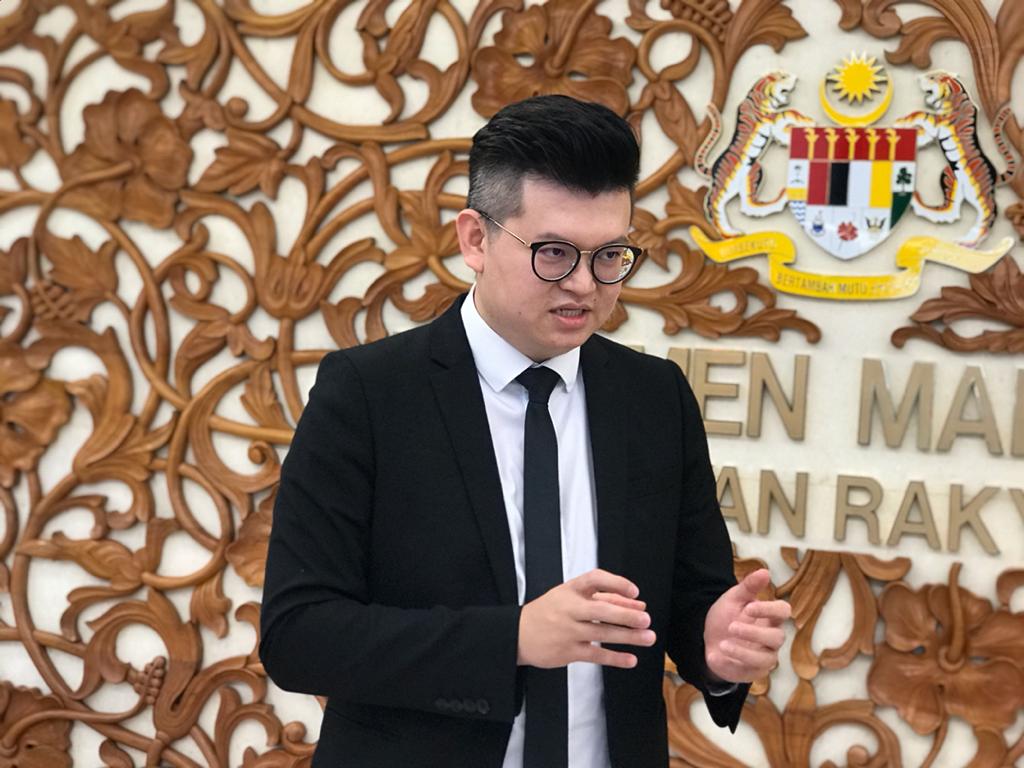
East Malaysian lawmakers and medical practitioners previously called for equitable health care provision in Sarawak and Sabah that still lag behind the peninsula, more than half a century after Malaysia was formed.
They told CodeBlue that Sarawak and Sabah — which are collectively bigger in size than the peninsula — suffer a smaller distribution of doctors and specialists than peninsular Malaysia, a lack of medical centres and amenities that raises the cost in accessing health care, and poor supporting infrastructure that affect one’s overall health and quality of life, like roads, clean water, and electricity.
“I am asking for the government’s approach towards addressing the years of neglect on the health care system in East Malaysia, which precipitated the current trauma on the health care system, especially in Sabah due to the pandemic,” said Dr Yii.
“This includes infrastructure and facilities and also human resource, doctors (contracts), lack of specialists in the Borneo States and addressing systemic health issues including malnutrition.”
Sabah is currently the Covid-19 epicentre in the country during the third wave of the Malaysian epidemic.
Dzulkefly asked MOH to state the latest statistics of recipients of the Peka B40 health screening programme that he had introduced during his time as minister under the Pakatan Harapan (PH) administration, and the government’s plan to improve the existing plan, especially in terms of accessibility of the bottom 40 per cent (B40) population to the plan.
The Peka B40 health screening programme was introduced in April 2019 and was touted as a comprehensive medical screening and aid package for low-income Malaysians.
The Peka B40 scheme is inclusive of four benefits: health assessment, health aid, completing cancer treatment incentive, and transport incentive for travel to public hospitals.
Moreover, the Kuala Selangor MP aims to raise a question on the usage of electronic medical record (EMR) systems in government and private hospitals and clinics, as well as the measures taken to ensure that these health care facilities implement the EMR system.
The implementation of EMR focuses on increasing the efficiency and organisation of patient medical information by reducing the time and manual effort spent on accessing patient’s information. It is to be noted that the proposed EMR system has raised concerns about patient confidentiality too.
DAP lawmaker Dr Yii also asked MOH to state the readiness and plan of the government to handle the increase in cases and mortality rate due to non-Covid-19 diseases, especially those who missed treatment or medical check-ups due to the pandemic.
During the second Parliament meeting this year, Baram MP Anyi Ngau highlighted the struggles of elderly chronic patients in his constituency in receiving medical treatment during the implementation of movement restrictions in the country.
Experts have also warned that prolonged restrictions on movement may have negatively affected cancer patients due to delayed treatment that could worsen their condition and even result in death.
“What is the expected increase in mortality due to non Covid-19 cases and what is the government’s plan on this issue?” said Dr Yii.
PKR health spokesperson and former Deputy Health Minister Dr Lee Boon Chye told CodeBlue that he wants to ask MOH to state the number of compounds issued for smoking offences at food premises for 2019 and 2020.
“State the government’s policy on ‘vape’ and electronic cigarettes,” the Gopeng MP from Perak added.
Contract Doctors Issue
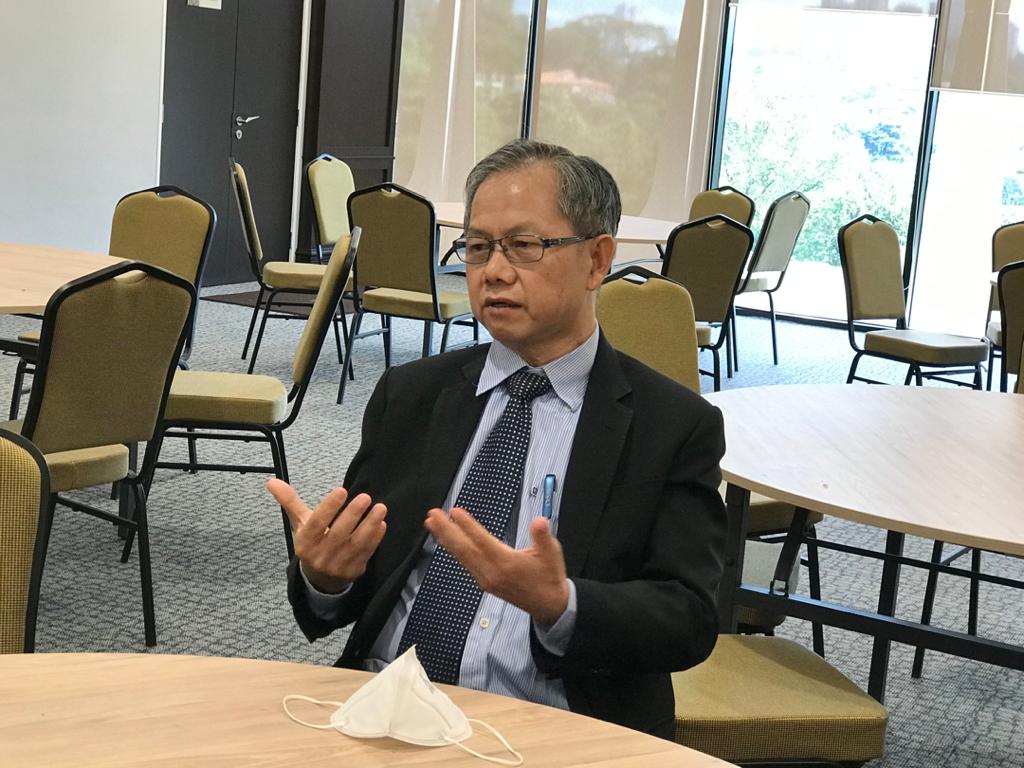
The PH MPs also plan to raise some questions on the issues that contract doctors are currently facing in public health care facilities, particularly their career path.
“When does the government intend to implement the Excellent Graduate Medical programme which provides an opportunity for ‘houseman’ graduate medical trainees to complete housemanship within 18 months, compared to two years through the Fast Track programme approved by the Cabinet in 2018,” Dzulkefly asked.
He also plans to ask whether the government is willing to finance or provide loans to contract medical officers who wish to become specialists through the parallel pathway programme.
At the same time, Dr Yii wanted to know the number of medical officers, pharmacists, dentists and clinical psychologists who are offered permanent positions, by state and also the percentage in each state.
Gopeng MP Dr Lee aimed to ask MOH to state the number of medical graduates with a Certificate of Temporary Practitioner who are still waiting for placement as graduate medical officers.


